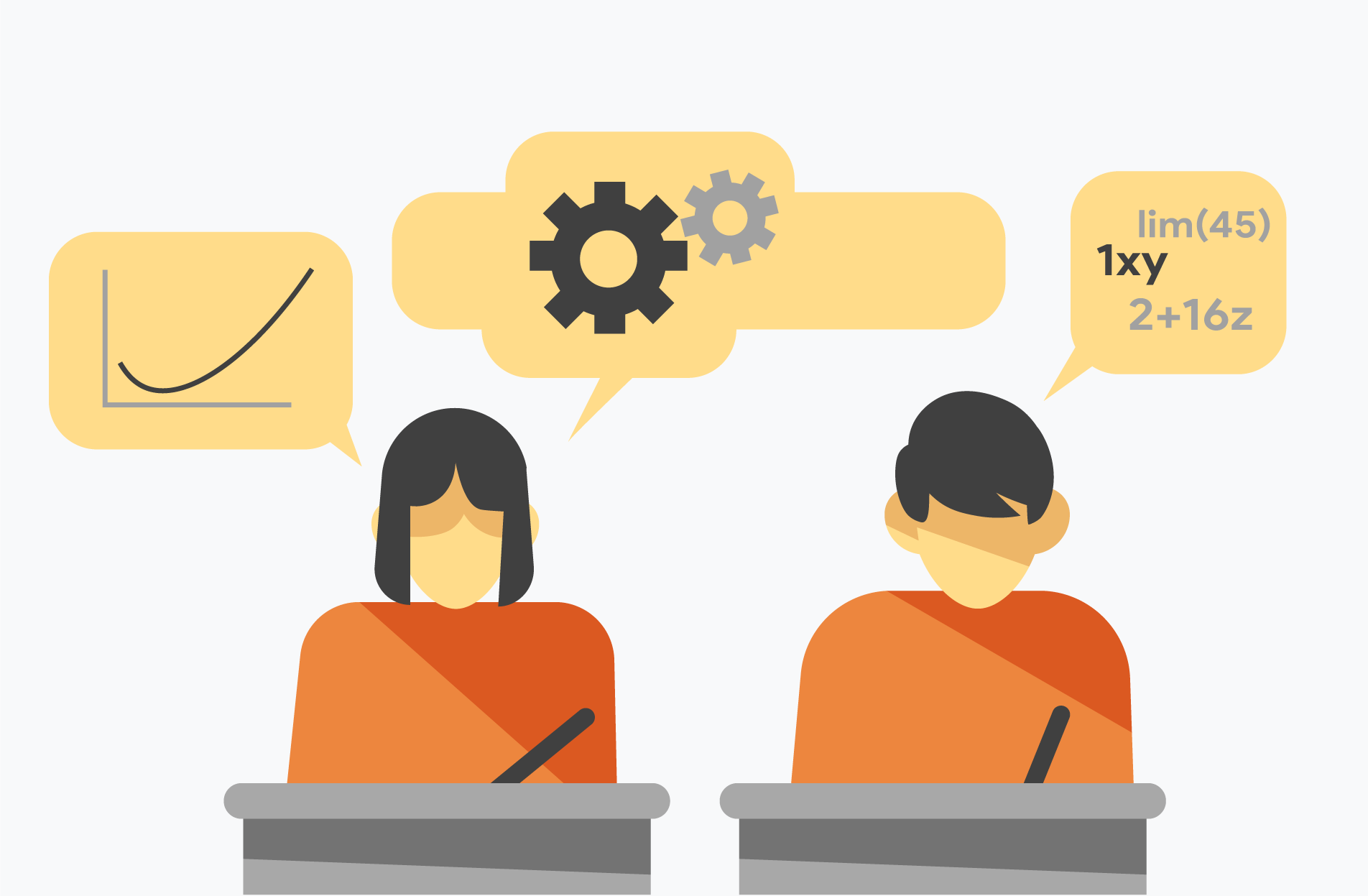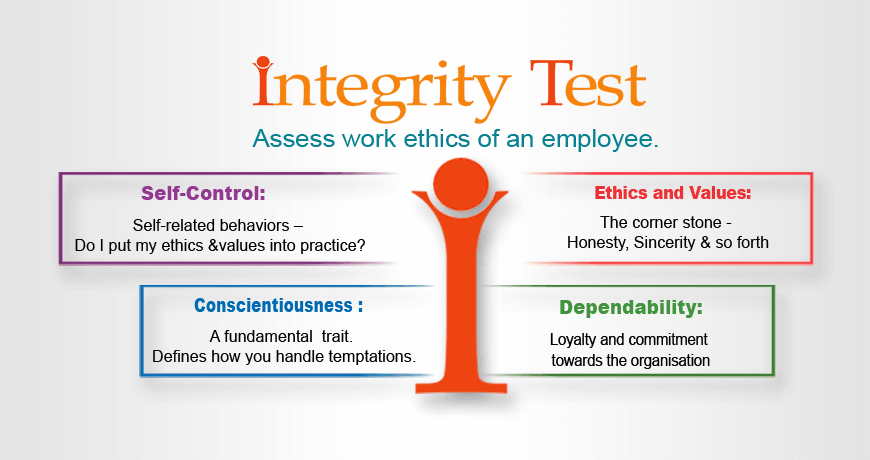What Are Pre-Employment Tests And What Are Its Types?

Pre-employment exam assessment as the name suggests is a kind of standardized test used to evaluate candidates during the hiring process. These tests are professionally developed by experts to judge a candidate on various criteria including a psychological evaluation. They are extremely efficient and help the employer to gain insight on the capabilities of the candidates and the skills required for the particular position.
The pre-employment tests have increasing become various
popular with the multi-national employers. This is because human evaluation no
matter how correct, is unable to determine the informal abilities of an
employee. The internet has several websites through which job seekers apply for
jobs. On an average en employer receives over 250 applicants just for one
position. Some job seekers send resumes as cold emails to several employers
irrespective of qualification and position. They are known as, resume spammers
and most emails received via this method are considered spams. This is because
the job seekers have no respect for the job position and do not even possess
40% skills required for such a position. They simply try their luck at getting
a job, thus undermining the actual ones, who are qualified for the job. These
can also be scammers with the intention of stealing confidential information
from the company.
Employers conduct pre employment test which
can be of varied types. Broadly we can classify these tests into three
categories.
Aptitude Tests
Aptitude tests are used to analyze critical thinking
capacity, problem solving abilities and the ability to learn and absorb new
information. This type of test trigger the applicant’s intelligence and
brainpower. According to a report by LinkedIn, the most important skills that
employers look for are problem solving skills and the ability to learn new
information. These contribute to 60-65% of an interview process. Aptitude tests
are used for medium to high level job positions, where problem solving is involved.
Cognitive aptitude tests are also conducted by many employers because of its
accuracy in candidate selection.

Personality Tests
Personality tests are very popular among HR professionals.
They are used to answer certain specific questions by the employer. They
question are – is the candidate right for this role? Does he possess the
behavioral traits that are required for this job? This differs from aptitude
test because there are no right or wrong answer. It is simply a perspective
which states whether a candidate is ideal for a certain role. This test focuses
on the personal development of an individual and the behavioral tendencies of
the candidate.
The most prominent model used for this test is the Big Five
or the Five Factor Model. This model states that there are five dimensions of
human personality; Agreeableness, Conscientiousness, Extraversion,
Openness to Experience and Stress Tolerance. This is an improved model from the
personality types as set by Cal Jung. His model stated two major types; extroverts
and the introverts. He said that all personalities are revolved around these
two major types. The Big Five further developed this concept and split it into
5 types.
The Big Five are efficient in the hiring process
because they can identify the factors on which a job performance is based.
Conscientiousness; this measures if an applicant is reliable, organized and
persistent for the job role. Agreeableness; this will evaluate if a candidate
agrees to all situations presented to him. It is not a good trait to always
agree on situations. Rather an ideal candidate must know when to say no.
Extraversion; this measures a person’s enthusiasms. A person with high
extraversion scores is called the life of the party. Openness to Experience ;
this evaluates how well a person is open to new ideas and innovation, which are
necessary for a company’s growth as well as personal development. Stress
Tolerance; a candidate must be able to cope under stressful situation. Stress
is a part of job life and an ability to handle pressure is appreciated.
Integrity Tests
Integrity tests are a part of personality sector of
a pre
employment test, which assesses a candidate’s honesty and
loyalty. These help employers manage risks within the organization. The last
thing anyone would want is a disloyal employee who is involved in fraud and
leaking company information. They are used to assess the Counter-productive
Work Behavior or CWB. CWB are used to assess behaviors like drug use,
absenteeism, procrastination, theft and fraud cases, safety violation and
non-compliance. These tests are used mainly at the entry level hiring process,
when there are risks of a new employee joining the management. As a part of the
integrity test, an employer may also check your background information mentioned
in the resume. They may contact early employers or educational institutions to
validate a degree.

Skill Tests
Skill tests are there to evaluate the skills required for a
job. Verbal skills, communication skills, math skills, computer science and
many such skills are generally asked in an interview. These skills are usually
picked by an individual during their school or college education. Based on
these skills, an individual would be actively involved in the job role.
In an interview you might be asked an evaluation of the
General Skill Tests which focuses on basic criteria like typing skills, basic
calculations, ability to work well on the computer and more. They are focused
on entry level candidates. An advanced skill tests would require tests on
advanced software. For example bank jobs would require skill on software
related to banking jobs. These are not designed to determine the long term
performance of an individual, but just to assess whether they will be able to
work with skills at hand.

Conclusion
All pre-employment tests are conducted in combination of all
the above. Together they form the ideal parameters of a candidate’s job
performance. This maximizes the effectiveness of pre-employment test. Any
employer can perfect their hiring process and select the right candidate
through such tests. By doing so, an employer can reduce wastage of time in
interviewing all applicants and increase productivity and efficiency in the HR
department.


Comments
Post a Comment